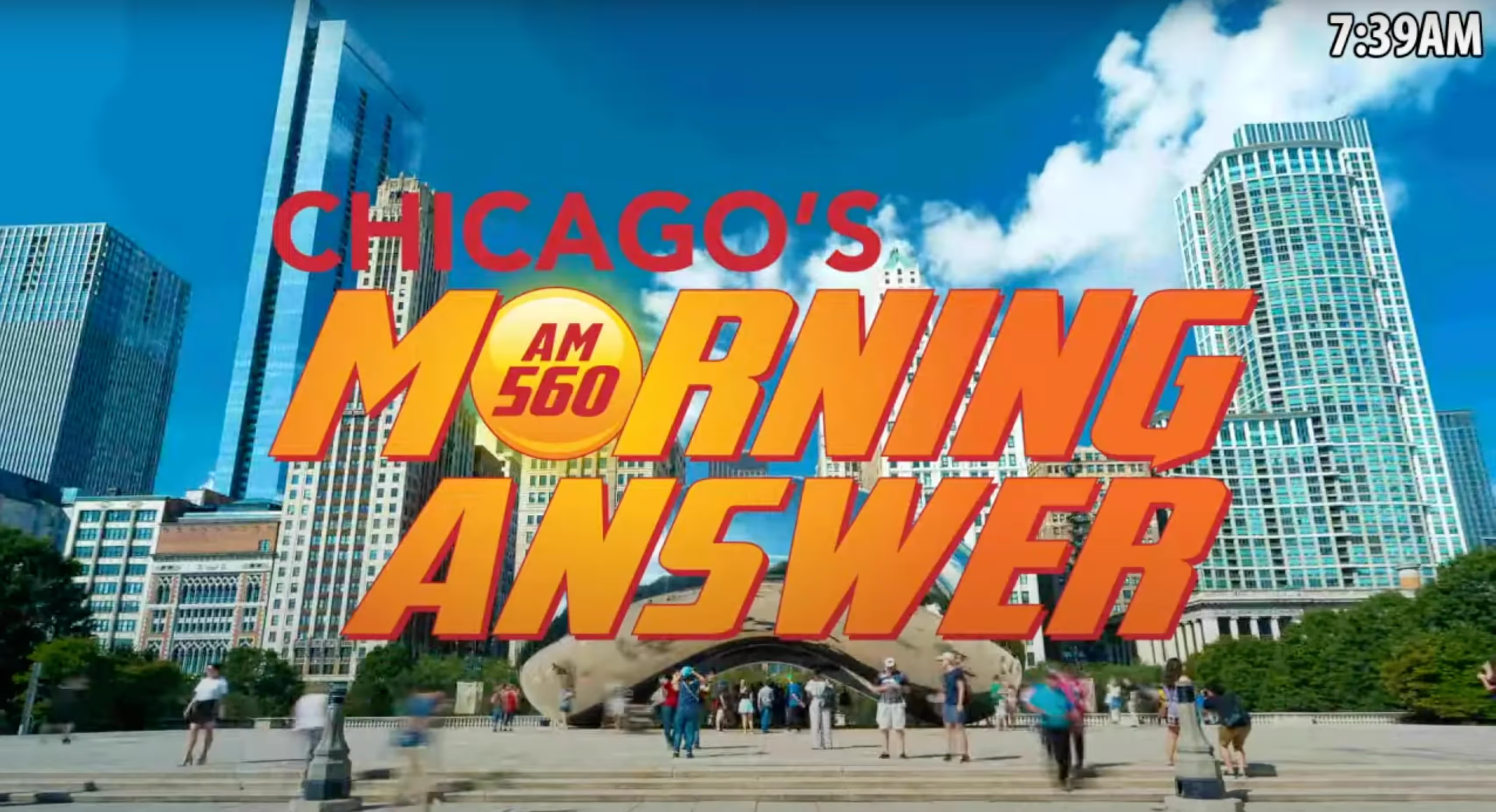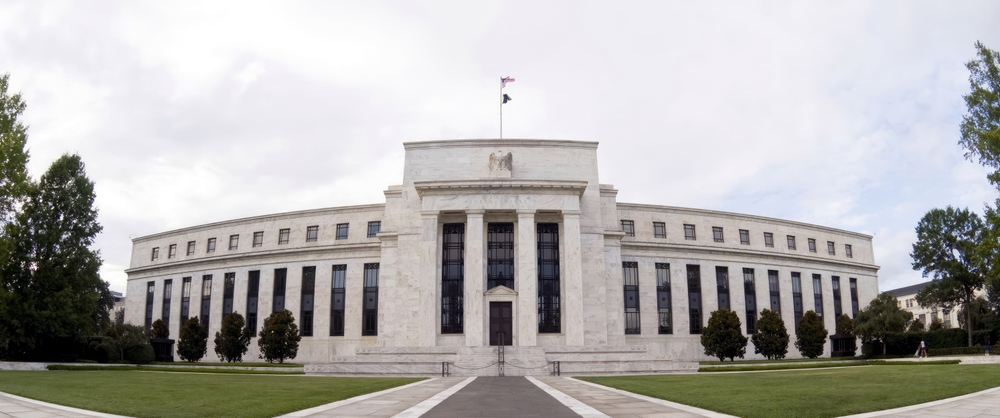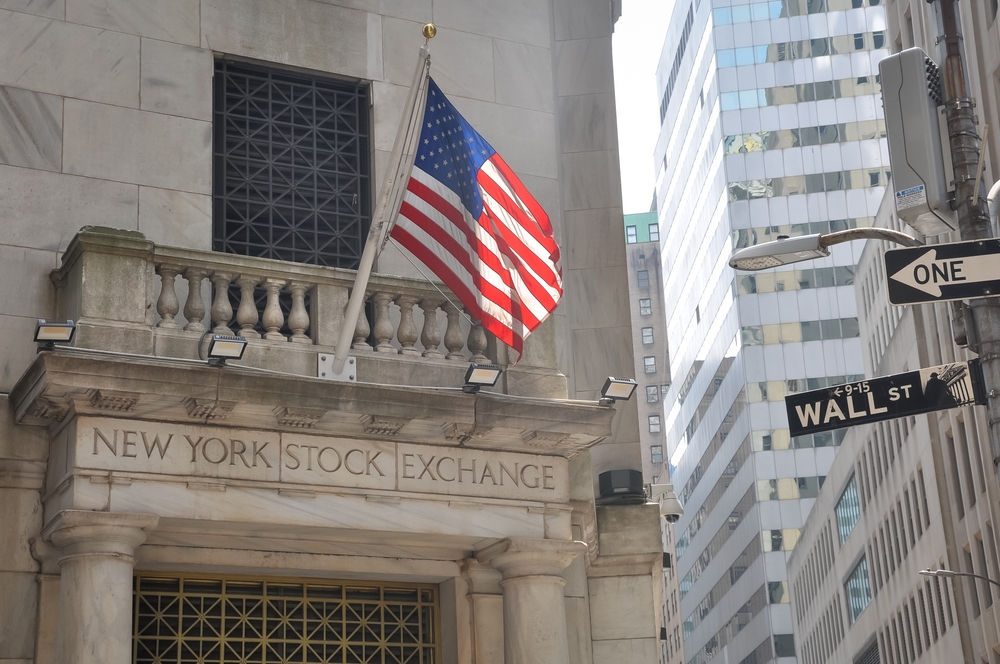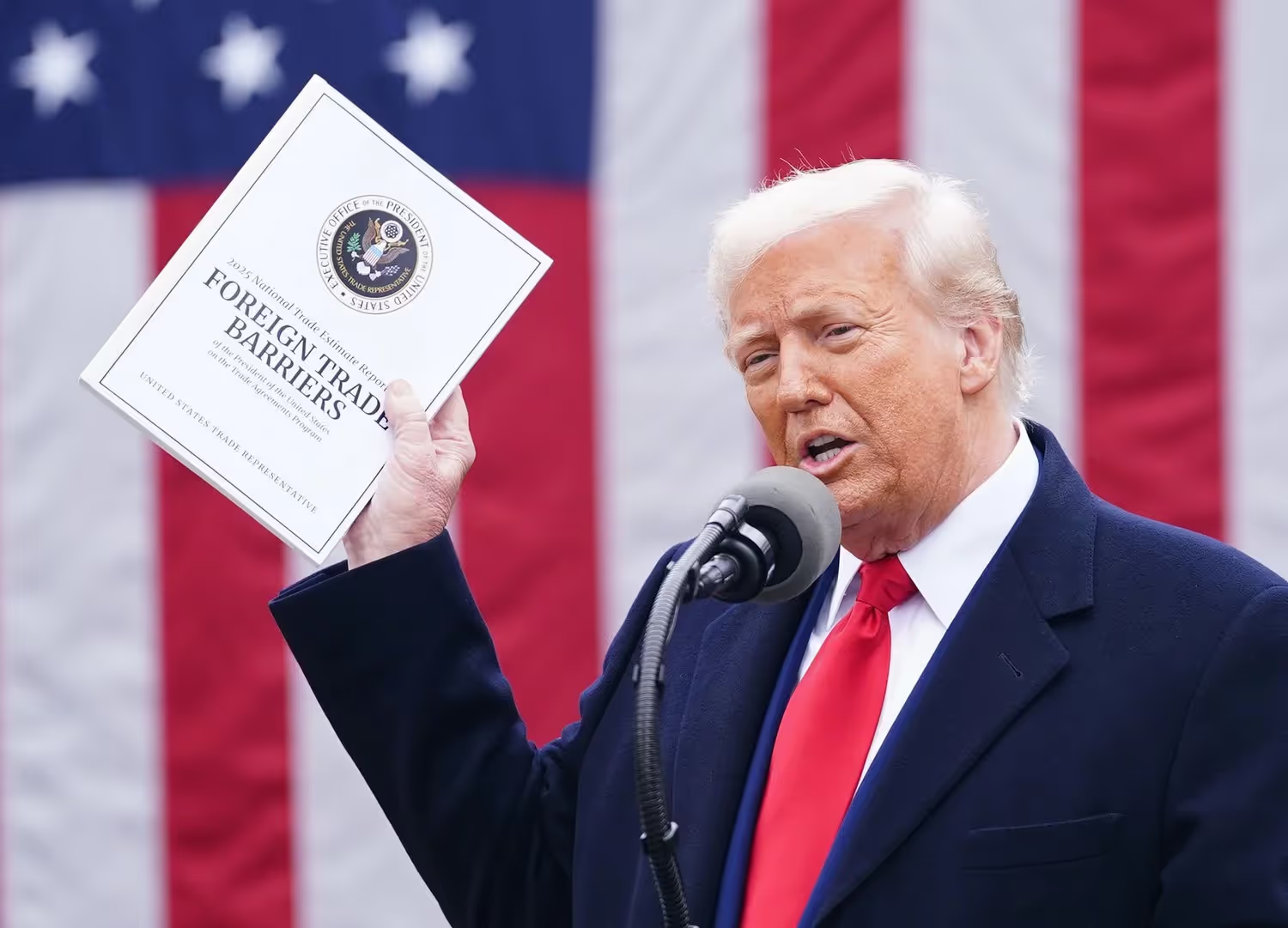
The Tariff Symposium
We asked five of our contributors for their thoughts on the past, present, and future of the Trump administration's self-declared trade war with nations spanning the globe.
Where does the tariff war go from here? Has it been a success, a failure, or one of mixed results? How do we even know the answers to these questions? Many inside the Trump administration and its vocal supporters have already hung the proverbial "Mission Accomplished" banner, justifying the tariff impositions. Many of these same voices have also claimed that economics itself has become the new emperor without clothes, incapable of explaining real economic phenomena. Tariffs, we are told, are needed to save the American economy. Yet, the Trump administration wisely included full tax expensing of capital goods purchases and research and experimental costs in the One Big Beautiful Bill. There is also the Trump administration's support for energy production and AI, and the industry's amazing potential. These and other reasons will make evaluating the relative effects of the tariffs on the overall economy challenging.
The contributors Richard Epstein, Samuel Gregg, G. Dirk Mateer, Dominic Pino, and Veronique de Rugy take a long view and consider, as best they can, the numerous inputs, data, and information that are needed to make a comprehensive assessment. Perhaps the one thing most needful is sound historical, economic, and policy understanding in evaluating the expanded taxation on American companies and consumers that the Trump administration has imposed and the numerous consequences that will continue to follow from it.
Richard M. Reinsch II is the editor-in-chief of Civitas Outlook.
Economic Dynamism
.jpg)
Do Dynamic Societies Leave Workers Behind Culturally?
Technological change is undoubtedly raising profound metaphysical questions, and thinking clearly about them may be more consequential than ever.
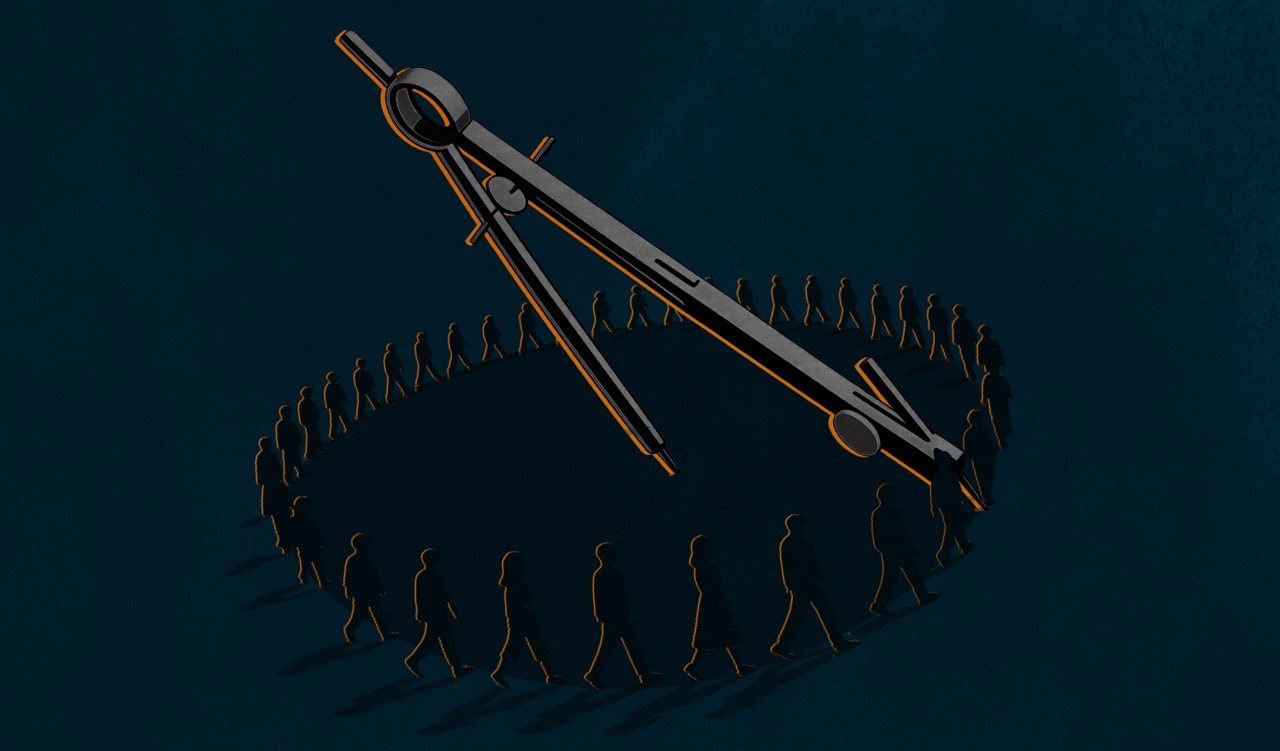
The War on Disruption
The only way we can challenge stagnation is by attacking the underlying narratives. What today’s societies need is a celebration of messiness.

Unlocking Public Value: A Proposal for AI Opportunity Zones
Governments often regulate AI’s risks without measuring its rewards—AI Opportunity Zones would flip the script by granting public institutions open access to advanced systems in exchange for transparent, real-world testing that proves their value on society’s toughest challenges.

Downtowns are dying, but we know how to save them
Even those who yearn to visit or live in a walkable, dense neighborhood are not going to flock to a place surrounded by a grim urban dystopia.

The Housing Crisis
Soaring housing costs are driving young people towards socialism—only dispersed development and expanded property ownership can preserve liberal democracy.
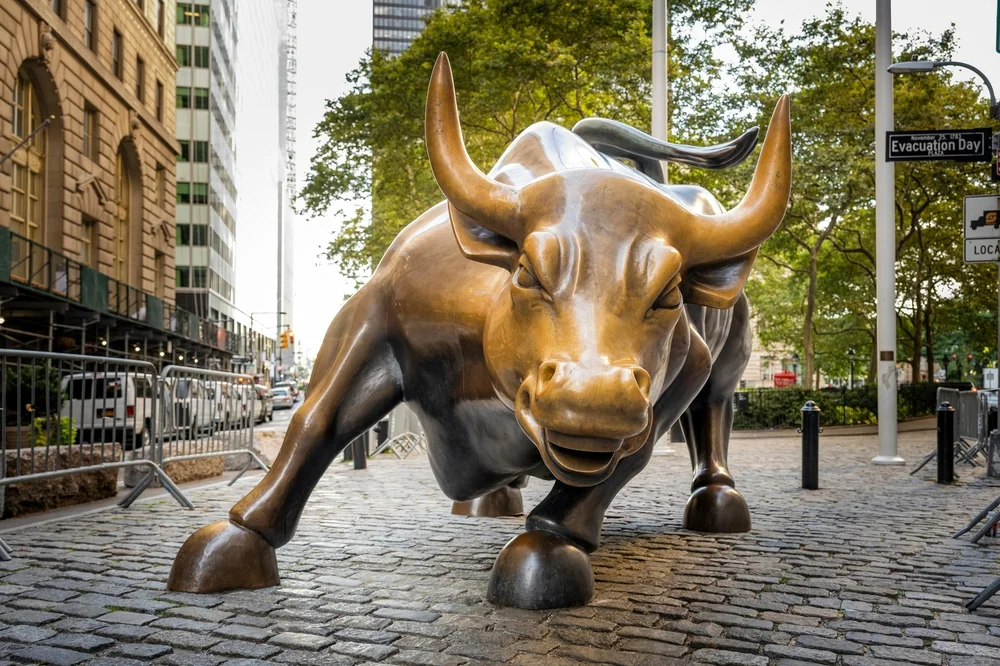
Oren Cass's Bad Timing
Cass’s critique misses the most telling point about today’s economy: U.S. companies are on top because they consistently outcompete their global rivals.

Blocking AI’s Information Explosion Hurts Everyone
Preventing AI from performing its crucial role of providing information to the public will hinder the lives of those who need it.
.avif)






.jpeg)




.jpg)
